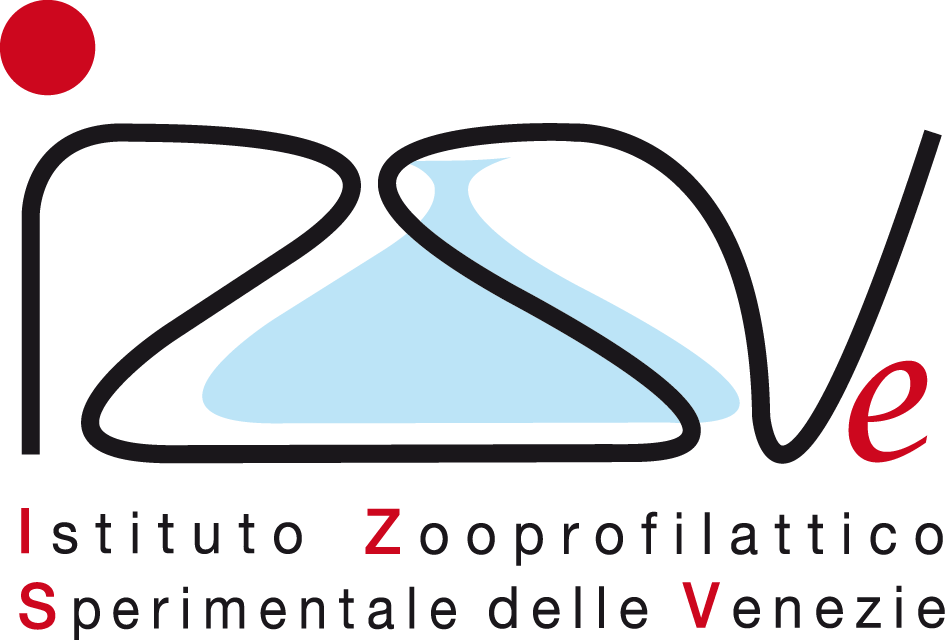Microbial ecology is the science that studies how microorganisms interact with one another, with the environment, and with their host organisms. Its focus is the analysis of both microbiota – or rather, all the bacteria, fungi, protozoans, and viruses that collectively colonize a given environment in a specific timeframe, and the microbiome – that is, the microbiota’s complete gene pool.
StudyingThe study of the taxonomic and genetic composition of microbiota and the interactions among its microorganism population community allow serves to better understanding the overall functions of the microbial community within the host organism.
Its purpose is also to develop a better grasp of pathogens’ resistance and persistence mechanisms, i.e., the ways in which these microorganisms respond and adapt to environmental stimuli exerted on them by other microorganisms or chemical agents, such as antibiotics, disinfectants, and heavy metals.
Find out more about microbial ecology in this video produced by the Istituto Zooprofilattico Sperimentale delle Venezie (IZSVe), an Italian health authority and research organization in the fields of animal health, food safety and zoonoses.



![What is microbial ecology? [Video]](https://www.izsvenezie.com/wp-content/uploads/2024/01/what-is-microbial-ecology-video.jpg)

![Which is better between wild-caught and farmed fish? [Video]](https://www.izsvenezie.com/wp-content/uploads/2024/01/which-better-wild-farmed-fish-video-500x383.jpg)
![What is the One Health approach? [Video]](https://www.izsvenezie.com/wp-content/uploads/2023/12/one-health-video-500x383.jpg)
![Avian influenza: what is the difference between a high and a low pathogenic virus? [Video]](https://www.izsvenezie.com/wp-content/uploads/2023/09/avian-influenza-difference-high-low-pathogenic-virus-video-500x383.png)